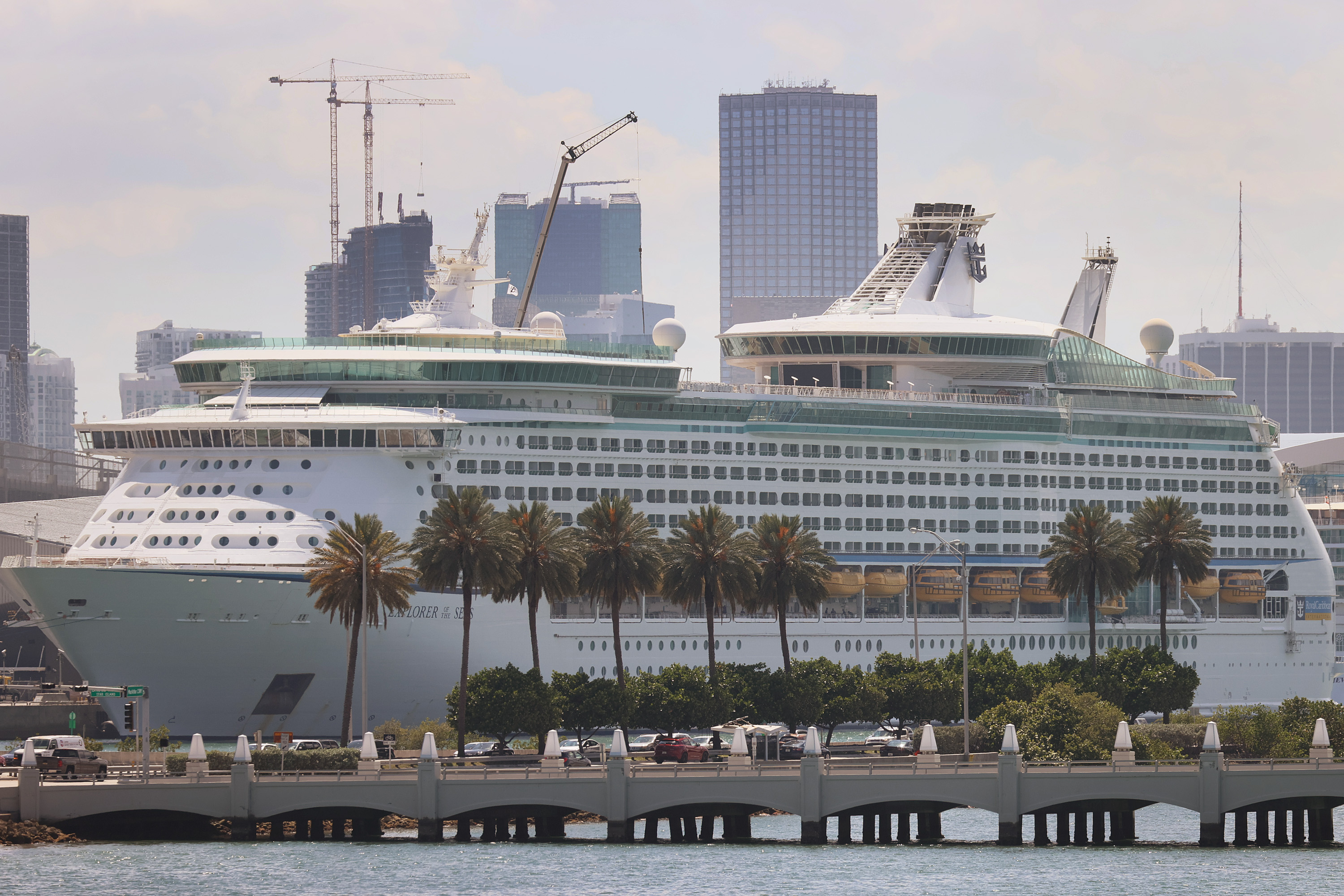Members of Florida’s Board of Governors agreed Tuesday that the state's 12 public universities could welcome students and faculty back to campus in the fall after college officials outlined measures and restrictions to prevent the further spread of the new coronavirus.
For six hours, board members heard presentations by the schools, approving them one by one without any objections. During the meeting at the University of Central Florida in Orlando all of the university officials and members wore their masks even as they addressed the board well separated from one another, and with sneeze guards as barriers.
Florida’s Surgeon General Dr. Scott Rivkees said he carefully read all the plans, saying they showed “incredible thoughtfulness and thoroughness.” But Rivkees advised them to continue to reinforce the message of “personal responsibility” as health officials report a spike in cases in Florida reaching more than 103,000.
“Florida data informs us that a younger demographic is now testing positive for COVID-19 than before,” Rivkees said. “Universities will need to use their good judgment applying the best practices toward deterring the spread of COVID-19.”
The Hurricane season is on. Our meteorologists are ready. Sign up for the NBC 6 Weather newsletter to get the latest forecast in your inbox.
The plans for the 12 universities vary in several aspects, but most of them rely on self-reporting assessments by students. Some require face masks only when social distancing is not possible, and others will require their use in all buildings.
All colleges will continue to offer distance learning courses and a mix both of in-person classes with remote instruction to maintain classrooms at a lower capacity. Most of the schools, including Florida State University and University of Central Florida, plan to switch to strictly online after the Thanksgiving break.
Schools have plans to set aside dorms for students who live on campus and need to isolate if they fall ill or have been exposed to COVID-19. University officials also spoke about community surveillance by testing students and faculty randomly to prevent outbreaks.
Local
Some members of the board questioned why university presidents could not provide wider testing for their students if they were anticipating large gatherings and events, highlighting the case of the University of North Florida in Jacksonville, the city chosen for President Donald Trump to accept the Republican nomination in August.
Charlie Lydecker, one of the board members, said he worried the event would take place without use of masks and with a “large body of people coming from other states.”
“I don’t have all the answers for this. This is going to be a challenge for us, obviously, but I think it is about the education,” said David M. Szymanski, president of the University of North Florida.
For most people, the new coronavirus causes mild or moderate symptoms, such as fever and cough that clear up in two to three weeks. For some, especially older adults and those with existing health problems, it can cause more severe illness, including pneumonia and death
___
Follow AP coverage of the virus outbreak at https://apnews.com/VirusOutbreak and https://apnews.com/UnderstandingtheOutbreak.



